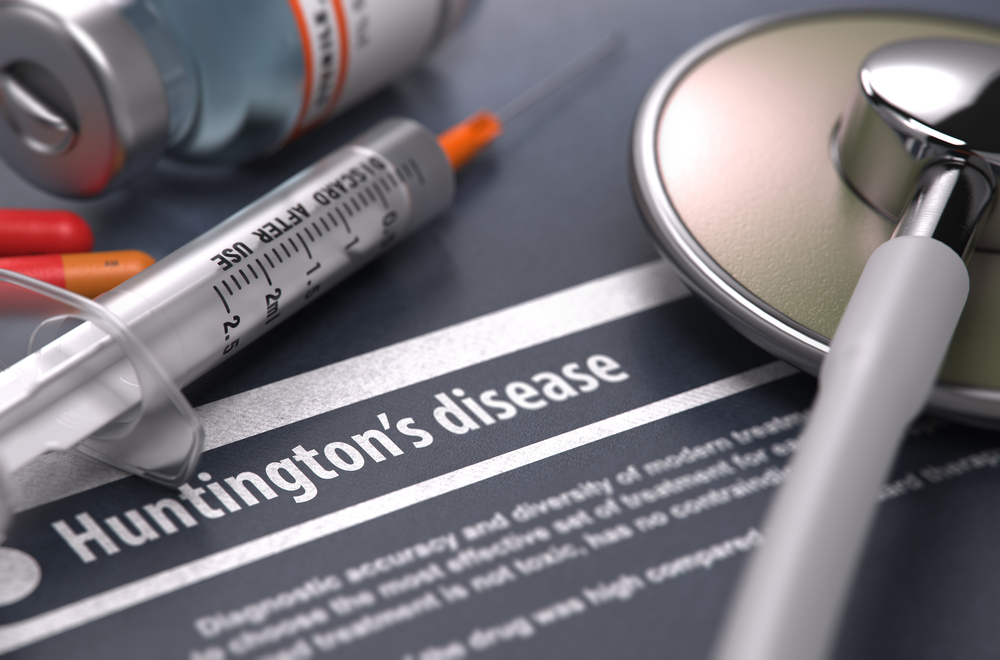A List Of Treatment Centers For Huntington’s Disease
The symptoms of Huntington’s disease are not very specific. Doctors need to conduct a whole lot of tests, including genetic tests, to confirm the diagnosis. This is why family members of the patients are often apprehensive about where to get tested for Huntington’s disease. It is a progressive neurodegenerative disorder that affects the motor and cognitive faculties of the brain. Patients experience degeneration in various motor functions such as coordination, balance, muscle strength, muscle tone, reflexes, etc.

Should one go for predictive diagnosis of Huntington’s disease?
- If any of one’s family members is suffering from these disorders, it augurs well for others in the family to get tested for this disease.
- One must remember that diagnosing the disease does not offer any succour to the patient. This is a genetic abnormality and has no successful treatment till now.
- However, there are management practices in vogue for Huntington’s disease.
- To get the right diagnosis and adopt the right management practice for this disease, one needs to know where to get tested for Huntington’s disease in the first place.
Where can one get the best information about Huntington’s disease?
- The Huntington’s Disease Society of America presides over the HDSA centers of excellence.
- These centers adopt a state-of-the-art, multidisciplinary approach to care for people afflicted by this disease.
- They have 43 such centers of excellence all over the country.
- These are world class facilities where patients get to access psychiatrists, expert neurologists, counselors, therapists, and others.
- All these professionals are highly experienced in the art and science of taking care of patients suffering from this debilitating disease.
- They help the affected families adopt the best care programme for their affected members.
- If apprehensive about where to get tested for Huntington’s disease, one needs to visit one of these centers.
Where are these centers of excellence situated?
These centers are located in the following universities:
- Beth Israel Deaconess Medical Center
- Albany Medical College
- Columbia Health Sciences/NYS Psychiatric Institute
- Cleveland Clinic
- Emory University
- Dartmouth-Hitchcock Medical Center
- Duke University
- Indiana University
- Georgetown University
- Johns Hopkins University
- Hennepin County Medical Center
- Massachusetts General Hospital
- Ochsner Health System
- Northwestern University
- Ohio State University
- Rush University Medical Center
- Rocky Mountain Movement Disorders Center
- Stanford University
- University of California, Davis Medical Center
- University of Alabama, Birmingham
- University of California, San Diego
- University of California, Los Angeles
- University of Colorado
- University of California, San Francisco
- University of Florida
- University of Louisville
- University of Iowa
- University of Nebraska Medical Center
- University of Pittsburgh Medical Center
- University of Pennsylvania
- University of South Carolina School of Medicine
- University of Rochester
- University of South Florida
- University of Texas Health Science Center- Houston
- University of Tennessee Health Science Center – Memphis
- University of Utah
- University of Virginia
- University of Vermont, Frederick Binter Center for Parkinson’s Disease & Movement Disorders
- University of Washington
- Vanderbilt University Medical Center
- University of Wisconsin- Madison
- Washington University School of Medicine
- Virginia Commonwealth University
- These centers of excellence provide the best care and offer the best management guide to families who have members suffering from Huntington’s disease.
- If thinking about where to get tested for Huntington’s disease, one may choose the closest one to their place of residence.
- However, it is recommended that one’s doctor makes the choice for them, depending on their condition and the treatment that may be needed.
- The doctor may be aware of intricacies about each center that one may not.
Do they have any partners where one can approach for the best care?
Yes, they do have the following partners:
- Cole Neuroscience Center in the University of Tennessee Medical Center
- Oregon Health & Science University
- Kaiser Permanente, Oakland, CA
- University of Tennessee, Erlanger Health System
- University of Alabama
- University of Mississippi Medical Center
How are these centers different from other centers?
These centers are different in many aspects. Huntington’s disease does not have a cure. The diagnosis of this disease often feels like a bolt from the blue for family members.
- It behoves on the doctors and caregivers to be more pragmatic in their approach.
- These centers of excellence have an elaborate setup for both counseling and diagnostic systems, before embarking on genetic testing to confirm any diagnosis of Huntington’s disease.
- They also provide the right resources and information so that patients as well as family members can cope with the situation in the best possible way.